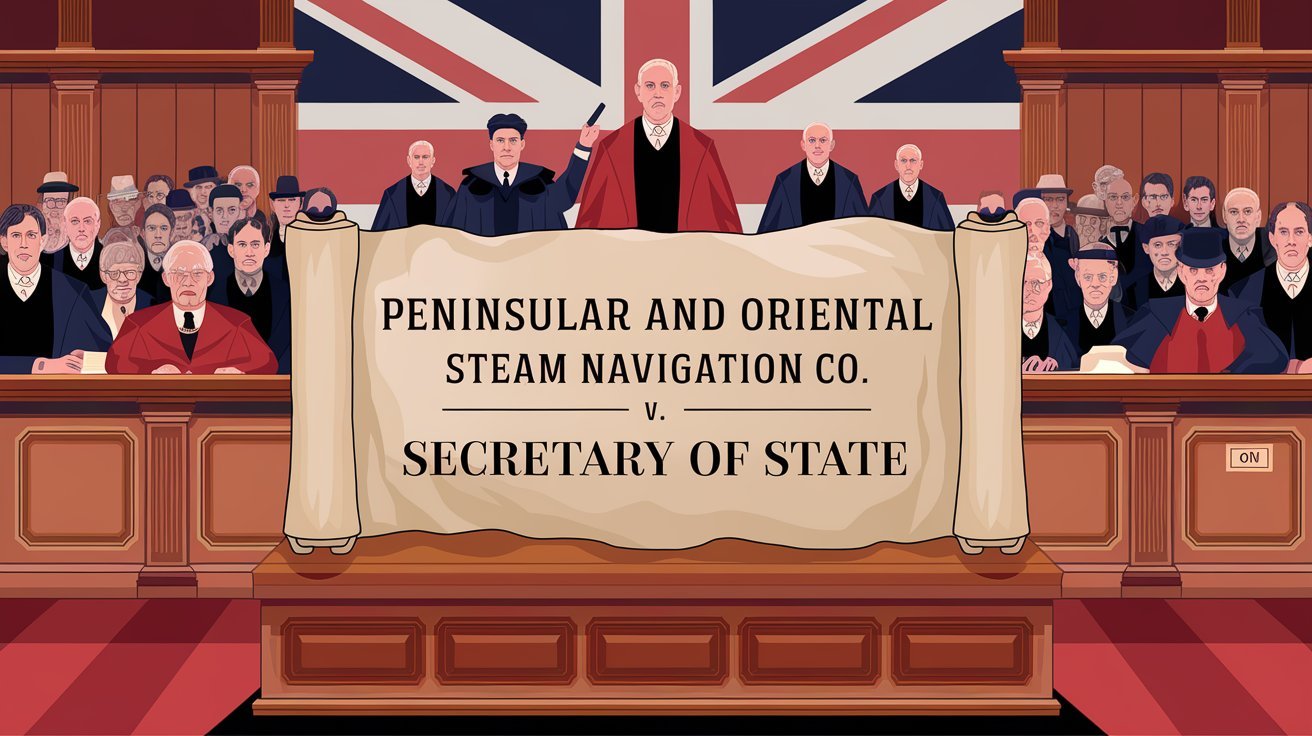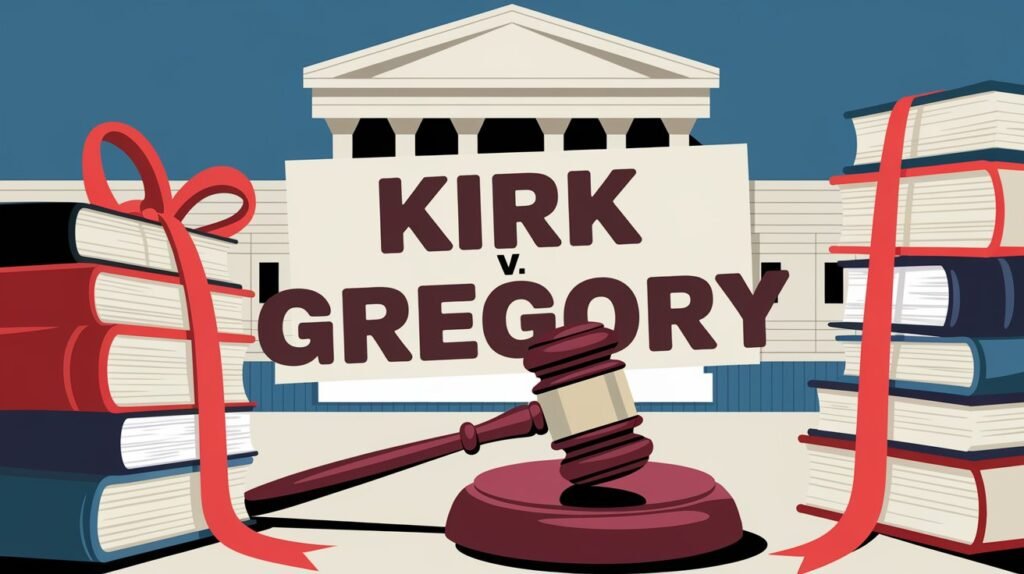Peninsular and Oriental Steam Navigation Co. V. Secretary of State 1861 (Case Summary)

This case laid down a foundational distinction between sovereign and non-sovereign functions of the State, establishing that the government can be held liable in tort for acts performed in a non-sovereign capacity.
Table of Contents
ToggleFacts of Peninsular and Oriental Steam Navigation Co. v Secretary of State
- The plaintiff, the Peninsular and Oriental Steam Navigation Company (P&O), was contracted by the British Indian government to supply goods.
- While the company’s property was on government land, government employees negligently caused damage to it.
- P&O sued the Secretary of State for India, seeking compensation for the damage caused by the negligence of government employees.
Issues framed
- Whether the State be held liable for the tortious acts of its employees while performing non-sovereign functions?
- Whether the doctrine of sovereign immunity applies to acts performed by the State in its non-sovereign capacity?
Judgment of Peninsular and Oriental Steam Navigation Co. v Secretary of State
The court analyzed the principles of sovereign immunity and liability in tort based on English common law.
The court distinguished between sovereign and non-sovereign functions of the State. It held that sovereign immunity only applies to acts performed in the discharge of sovereign functions, such as defence or administration of justice. The negligent act in question was related to a non-sovereign function (commercial activity) and thus did not qualify for sovereign immunity.
The court ruled in favor of the plaintiff, holding the State liable for the damage caused by its employees. The court stated, “The State is liable for acts performed in its non-sovereign capacity as it stands in the same position as an ordinary employer.”





